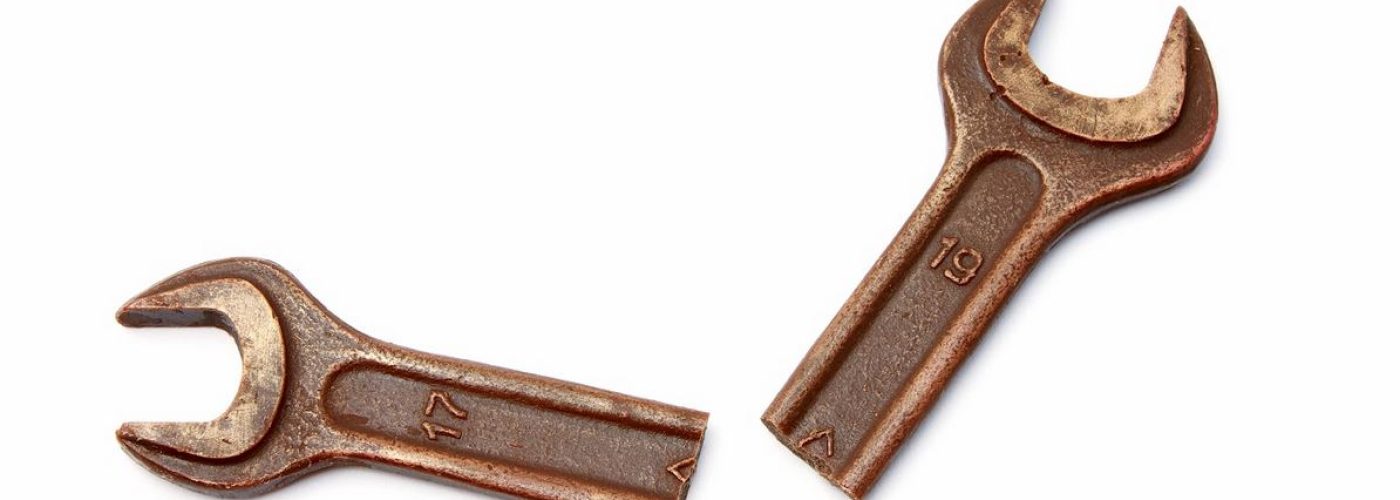Construction companies take safety measures seriously because they want to prevent injuries, accidents, and even death in the workplace. Such problems could cause disruptions that may be costly for many contractors. However, despite best efforts, accidents can still happen. And some of them may be due to defective construction equipment.
If you work in construction and handle tools, machinery, and equipment onsite, you must strictly follow your company’s safety policies to prevent injuries and other similar problems. However, when your work equipment malfunctions and you’re injured, you can seek help from personal injury lawyers such as Townsend Law and others to know the rights you’re entitled to and the claims you can make.
Don’t wait for something terrible to happen at the worksite. To avoid accidents, here are the dangers posed by defective construction equipment that you need to know:
1. Loss Of Body Parts
Cutting tools are essential in construction sites. Since these are dangerous tools, companies usually provide training and other measures to highlight the importance of safety when using construction equipment. One danger of using cutting tools that you should watch out for is the potential loss of toes, arms, fingers, and limbs. It’s worth noting that the bigger the power equipment, the bigger the risk for amputation.
2. Contusions And Lacerations
The most common injuries from faulty tools and equipment are cuts, bruises, and contusions. Despite the steps companies take to manage the risk of equipment failure, wounds and bumps in the workplace can still occur. Defective power saws or nail guns could cause severe lacerations that may cause nerve damage and blood loss. Meanwhile, getting hit by a crane’s hoist could lead to head trauma, bone fracture, or even brain injury.
3. Electrocution
Frayed wires, poor wiring, and defective switches in construction equipment are dangers that onsite workers should be wary about. Aside from skin burns, other related hazards include electric shock, adverse effects on the nervous system, and possibly even cardiac arrest. Of course, you could prevent such dangers by making sure all electric-powered equipment and tools are checked regularly.
4. Fire
The risk of fire is another possibility that defective construction devices may cause. When you work in a confined area or near highly combustible materials, using electric-powered tools with exposed wirings, switching problems, or any other defect could cause sparks, which may trigger a fire. A fire incident could bring about many health dangers, including breathing difficulties from inhalation of harmful substances, skin burns, and even contusions and lacerations from falling debris.
5. Trips, Slips, And Falls
Slipping, tripping, and falling are also prevalent work-related injuries in construction sites. Slippery floors, loose cables, and uneven surfaces are typically the reasons behind such accidents. But there may also be instances when faulty tools could cause such accidents. Dripping fuel from machinery can lead to slippery floors while loose parts like nuts and bolts could fall on the floor and cause someone to trip and fall.
6. Toxic Injuries
Devices that use chemical compounds such as acetylene are ubiquitous in construction sites. Hose defects could cause chemical and gas leaks that can trigger respiratory woes or create slip hazards. Faulty generators could also lead to toxic dangers because they can leak fumes that may result in carbon monoxide poisoning, particularly in enclosed spaces.
Since some chemicals are flammable, exposure to minor electric sparks or fire may cause an explosion. Any chemical compounds you use in construction equipment should be handled with care and stored correctly to prevent such hazards.
7. Eye Injuries
Wearing safety glasses, goggles, or face shields is an effective way to prevent eye hazards. There are cases when damaged tools may cause explosions, flying objects, or protruding parts that may all lead to eye injuries. For example, nail gun defects might lead to ricocheting nails that could pierce a worker’s eyes. Such severe eye trauma may lead to surgery or even loss of eyesight.
8. Death
If there’s one thing that any construction company wants to prevent at all costs, it’s death in the workplace. Construction sites are hazardous areas, and there could be many possible causes of tragedies. Workers slipping from ladders, metal beams falling from cranes, and pallets getting dislodged from forklifts, among other things, can cause injuries that may lead to death.
Thus, to help prevent such accidents, construction companies must put in place meticulous risk management policies. Moreover, they should carefully check old and newly bought equipment for defects and problems before each use to prevent the dangerous consequences of using faulty construction tools.
Bottom Line
Construction sites are undoubtedly dangerous places to work in. Thus, companies should have efficient safety regulations to protect their employees from harm. One of the basic safety policies that all construction areas should enforce is proper handling and maintenance of tools. Defective construction equipment poses dangers that could lead to severe injuries and possibly even death. If you’ve been injured at work, don’t forget to consult an experienced lawyer to know your rights and options.






